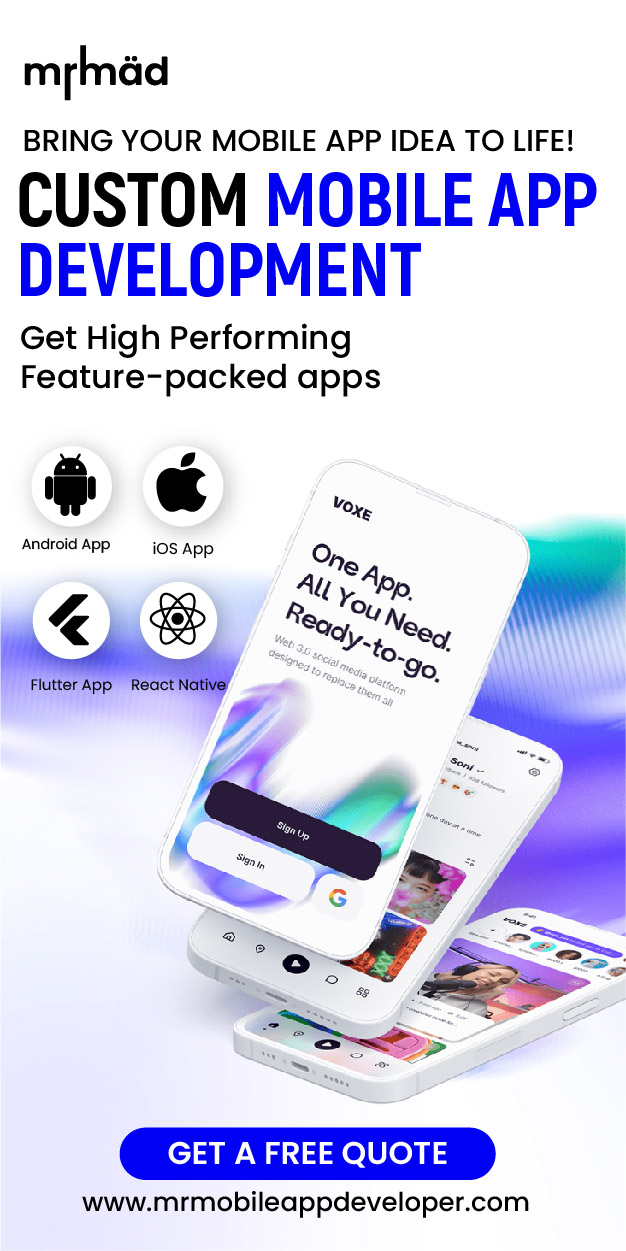The Impact of OTT on the Music Industry: Concerts and Music Videos on Demand
In recent years, OTT (Over-the-Top) platforms have revolutionized the way we consume entertainment. From movies and TV shows to

In recent years, OTT (Over-the-Top) platforms have revolutionized the way we consume entertainment. From movies and TV shows to documentaries and live sports, these platforms have changed the dynamics of content delivery. However, one of the most significant yet less talked about impacts is on the music industry. OTT platforms have given rise to new possibilities for musicians, record labels, and fans, especially through concerts and music videos on demand.
The Rise of OTT in Music
Traditionally, music was consumed through radio, CDs, and later, digital downloads and streaming services like Spotify and Apple Music. However, OTT platforms have broadened the scope, providing a video-driven approach to music consumption. Platforms like YouTube, Netflix, Amazon Prime Video, and even dedicated music services like Vevo, have leveraged video content to provide a more immersive experience for fans.
This shift is particularly notable in two areas: virtual concerts and on-demand music videos. Both of these formats have seen exponential growth in recent years and are reshaping the relationship between artists and their audiences.
Virtual Concerts: A New Stage for Musicians
Live concerts have always been a cornerstone of the music industry, but the COVID-19 pandemic accelerated the need for alternatives as in-person events were canceled or postponed. Enter virtual concerts. With the help of OTT platforms, artists began to perform live or pre-recorded shows that could be streamed on-demand, reaching a global audience without geographical constraints.
OTT platforms offered a way for artists to continue engaging with their fans, offering both free and ticketed events. Services like YouTube, Twitch, and Facebook Live provided easy access for smaller or independent artists to reach millions of viewers, while premium platforms such as Netflix and Amazon Prime offered exclusive concert experiences from major stars.
Virtual concerts also opened up new revenue streams. Not only could artists sell digital tickets, but they could also monetize through sponsorships, partnerships, and digital merchandise. Furthermore, fans enjoyed the benefit of being able to attend a concert from the comfort of their homes, often at a fraction of the price of a traditional concert ticket.
On-Demand Music Videos: Visual Storytelling at its Best
Music videos have always been an integral part of an artist’s brand. Platforms like MTV once dominated this space, but OTT services have now made music videos more accessible than ever. YouTube, for instance, has become the go-to platform for discovering and streaming music videos. With billions of users, it offers unparalleled visibility for artists, allowing them to reach a vast global audience.
OTT platforms have enhanced the production quality and storytelling aspect of music videos. Services like Apple Music and Vevo collaborate with artists to produce exclusive, high-quality content that goes beyond just the song. These platforms allow artists to experiment with long-form storytelling, mini-documentaries, and behind-the-scenes footage that gives fans a deeper insight into the creative process.
Moreover, the availability of music videos on demand has made it easier for fans to access their favorite content whenever they want, as opposed to waiting for it to air on traditional TV. The interactive nature of these platforms, with features like playlists, recommendations, and comments, has further enriched the viewer experience.
Advantages for Artists and the Industry
OTT platforms offer several advantages for artists and the music industry:
- Global Reach: OTT platforms allow artists to connect with a worldwide audience. Whether it’s a live concert or a music video, fans from different countries can experience content simultaneously, broadening the artist’s fanbase.
- Monetization Opportunities: Artists can generate revenue through ticket sales for virtual concerts, advertisements, sponsorships, and merchandise. Subscription-based OTT services also offer premium options for exclusive content, giving artists an additional income source.
- Creative Freedom: OTT platforms provide a space for artists to explore creative formats, including long-form music videos, documentaries, and collaborations with filmmakers and visual artists, helping them stand out in a crowded market.
- Fan Engagement: The interactive features of OTT platforms allow artists to engage with fans directly through comments, live chats, and polls. This two-way interaction helps build a more loyal fan base and offers valuable insights into audience preferences.
- Cost Efficiency: For artists, especially independent ones, producing and distributing content through OTT platforms is far more cost-effective than traditional media. It eliminates the need for physical venues, travel, and high production costs.
Challenges and Future Potential
Despite its many advantages, there are challenges that come with the rise of OTT in the music industry. One of the major hurdles is competition. With so many artists and content vying for attention, standing out in the crowded OTT landscape can be difficult.
Additionally, monetizing content on free platforms like YouTube often yields lower returns compared to traditional ticketed events or record sales.
Another challenge is piracy. With content available online, unauthorized distribution of music videos and concerts can impact an artist’s revenue.
However, the potential of OTT platforms in the music industry remains enormous. As technologies like virtual reality (VR) and augmented reality (AR) become more mainstream, OTT platforms may evolve to offer fully immersive concert experiences, where fans can feel like they are attending live events from anywhere in the world. The integration of AI and machine learning could also personalize music video recommendations, further enhancing user experience.
Conclusion
OTT platforms have significantly reshaped the music industry by offering new avenues for concerts and music videos on demand.
They have democratized access to music content, enabling both established and emerging artists to reach a global audience. With growing opportunities for monetization, creative experimentation, and fan engagement, OTT platforms are likely to continue playing a pivotal role in the evolution of the music industry for years to come.
As technology continues to advance, we can expect even more innovative and immersive ways for artists and fans to connect.







